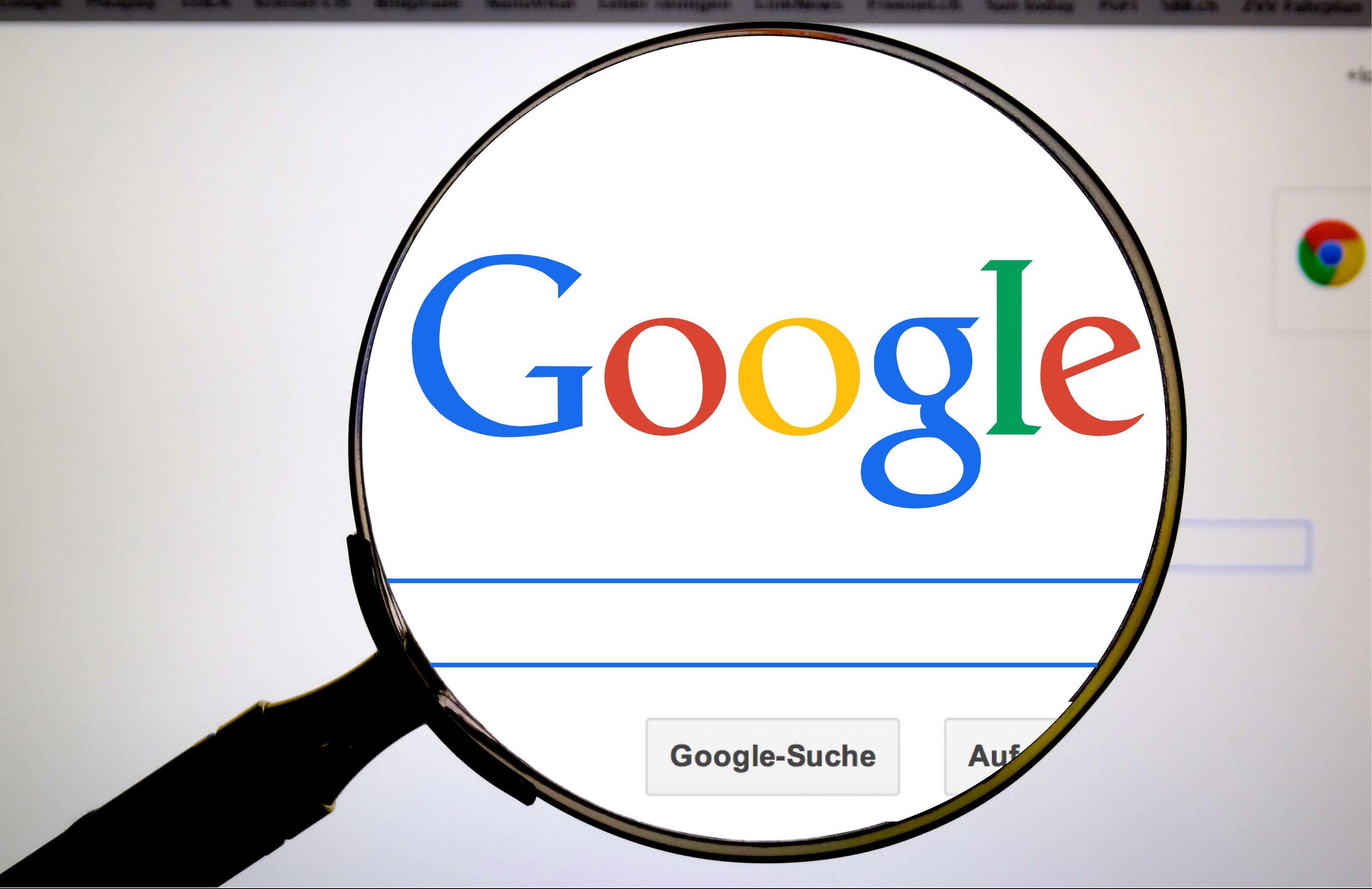Via cookies from Google but privacy issues remain

Google pushes to switch from a tracking-based advertising model to one based on profiling that takes advantage of the analysis of user behavior. But the goal should be to allow the user to take back digital life. Speech by Alessandro Longo, director of agendadigitale.eu and Stefano Quintarelli, of the Copernicans Association
What is Google doing with advertising? A partial step confirmed on Wednesday to move from a model based on tracking to one based on profiling that exploits the analysis of user behavior.
It is always about profiling. And no more guarantees for privacy, as the EFF rightly writes.
THE GOOGLE CHANGE
In practice, by abandoning third-party cookies in 2022, it will stop tracking the user's navigation on different sites. Instead, it puts them into cohorts – profiled groups – thanks to data analyzed locally, on the user's machines.
In practice, the user's machine itself will make his profile – instead of Google's – and will communicate it to him. After all, Google is not interested in tracking you, but profiling you. And this remains firm.
FLOC THE NEW GOOGLE PROFILING SYSTEM
One of the systems with which Google will replace third-party cookies is Floc.
FLoC, which stands for Federated Learning of Cohorts, is designed to help advertisers perform behavioral targeting without third party cookies. A FLoC-enabled browser would collect information on its user's browsing habits, then use that information to assign its user to a “cohort” or group, using artificial intelligence technologies.
Users with similar browsing habits – by some definition of “similar” – would be grouped in the same cohort. Each user's browser will share a cohort ID, indicating which group they belong to, with websites and advertisers. According to the proposal, at least a few thousand users should belong to each cohort (although that's not a guarantee).
EFF sums it up like this: “your FLoC ID will be like a succinct summary of your recent web activity”.
"FLoC wants to be a new way to make your browser do the profiling that third-party trackers did on their own: in this case, reducing your recent browsing activity into a behavioral label, and then sharing it with websites and advertisements ”, Writes Eff, strongly critical of Floc.
PRIVACY ISSUES REMAIN
It would be different if users could manage the profile information that is transmitted with grain; manage whether or not to give your profile to Google.
This is the first problem: Google will know our habits.
The other problem is that in the new system many subjects could establish a link between people's identities and their profile, for example by offering log-in by Google.
EFF is right: the new technology will avoid the privacy risks of third-party cookies, but will create new ones. "It can also exacerbate many of the worst non-privacy issues with behavioral ads, including discrimination and predatory targeting," writes EFF.
Well that the era of third-party cookies is abandoned, “perhaps the biggest mistake of the web”, says EFF.
But there are two possible scenarios ahead of us. If Google can continue on this path undisturbed, our behavior will be profiled, in an invisible and "intelligent" and perhaps even more subtle way than cookies, over which at least expert users could have some control.
The other scenario is the abandonment of any form of advertising profiling which still allows analysis, control and manipulation of our habits, finally returning control to the user.
Which is ultimately the direction in which the European Union is pushing.
Article published on agendagitale.eu
This is a machine translation from Italian language of a post published on Start Magazine at the URL https://www.startmag.it/innovazione/via-i-cookie-da-google-ma-restano-i-problemi-di-privacy/ on Sun, 07 Mar 2021 14:40:40 +0000.
